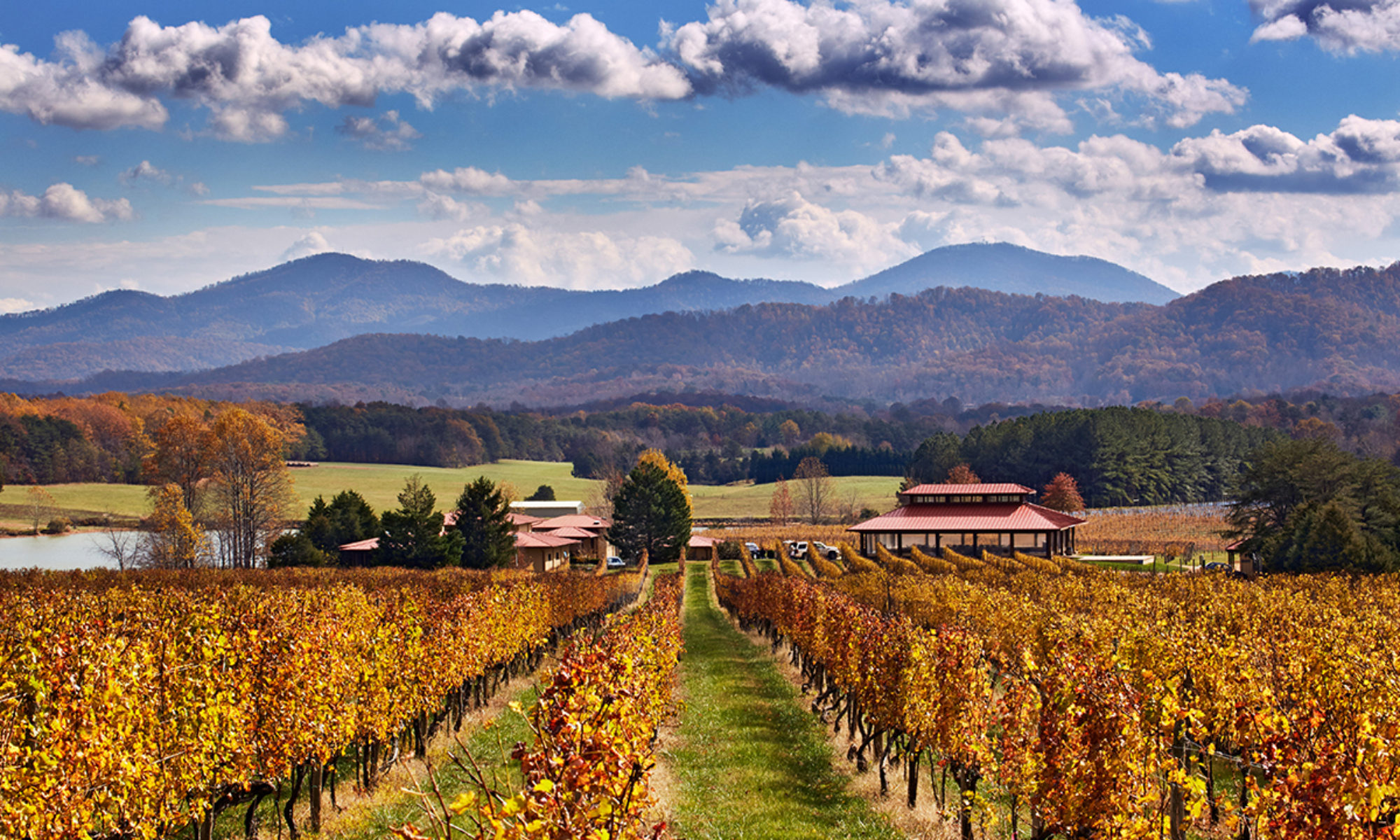Williams Gap Vineyard is located in Round Hill, Loudoun County, off of Route 719 and about a mile north of Route 7. Owner Jack Sexton opened the winery in May 2021. Sexton is part veterinarian, part grape grower, and bought the now 200-acre property almost 40 years ago. Williams Gap has operated as a vineyard for many years, selling to several north Virginia wineries, and the taste of their grapes will be familiar to those who have had Delaplane Cellars’ high-end William Gap red. Now you can taste the fruit of the vineyard right in Round Hill, at the new winery.
Wine: Tier II. Williams Gap own label has not yet been tested in wine competitions, but between the track record of the vineyard and the new winemaker, prospects for excellent wine are promising. Award-winning winemaker Rob Cox of Paradise Spring Winery is making Williams Gap’s first vintages. Highlights include Merlot and a Fieldstone blend in reds, and Petit Manseng – both as a standalone varietal and in a blend – in whites.
Setting: Two stars. Williams Gap boasts one of the most beautiful winery approaches in Loudoun County, climbing up the winery’s drive through the vines off of Route 719. There are great views to be had both from outside and inside the winery. The winery is large, and set in a red barn style building with a fireplace in the ground floor tasting area. Kids are welcome at Williams Gap, as are pets outdoors.
Stories: Ketockin – An Early Baptist Church in Virginia. The first group of Baptists known to have settled in Virginia came over from England in 1714, part of the so-called “General Baptists,” and settled in the southeastern part of the colony. A second group came from Maryland in 1743, and came – only a decade after the first settlers to the area – to what is now Loudoun County, and then was part of Fairfax County. This second group was part of the Baptist Church referred to as “Regular Baptists.” The Baptists were one of the many denominations arriving early in what became Loudoun due to its perceived freedom from established Anglican parishes, which dominated the rest of the Colony. Early meetings were in church members’ houses. In 1751, mission preacher John Thomas of Pennsylvania founded the first formal congregation, Ketoctin Baptist Church, on land owned by John Covill in what became the village of Round Hill, some two miles east of today’s Williams Gap Winery. A first log meeting house was built in 1756, with John Garrard becoming the first resident Minister. With three other congregations, Ketoctin disassociated from the Philadelphia Baptist Association and formed the Ketoctin Association, which today includes nine historic churches. At its 1797 General Meeting, the Ketoctin Association recommended the gradual emancipation of slaves, which proved to be controversial elsewhere within the Baptist denomination. The church today is a one-story brick building dating to 1854, and continues to have Sunday services. The burial ground of Ketoctin Church is the resting place of four centuries of Loudoun County settlers.
